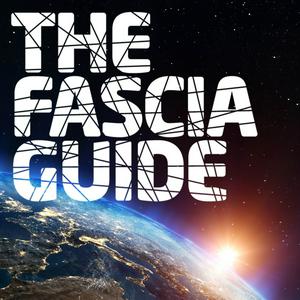The episode was first published on The Fascia Guide LIVE YouTube channel on December 12, 2024.
In this special episode, we speak with Dr. Hiten Patel, a highly experienced senior physician who reached out after watching, reading, and listening to everything we had published.
With a long background in advancing minimally invasive surgery across major medical institutions, Dr. Patel brings a rare combination of clinical depth, curiosity, and openness.
In this conversation, he shares his fascination with fascia, why the subject has captured his attention, and why he believes holistic health will become increasingly important in modern medicine.
Together, we explore how fascia research is reshaping clinical understanding, and how a more holistic perspective may influence the future of healthcare.
Participants in this episode: Axel Bohlin, Per Johansson, Hans Bohlin, and special guest Dr. Hiten Patel.


